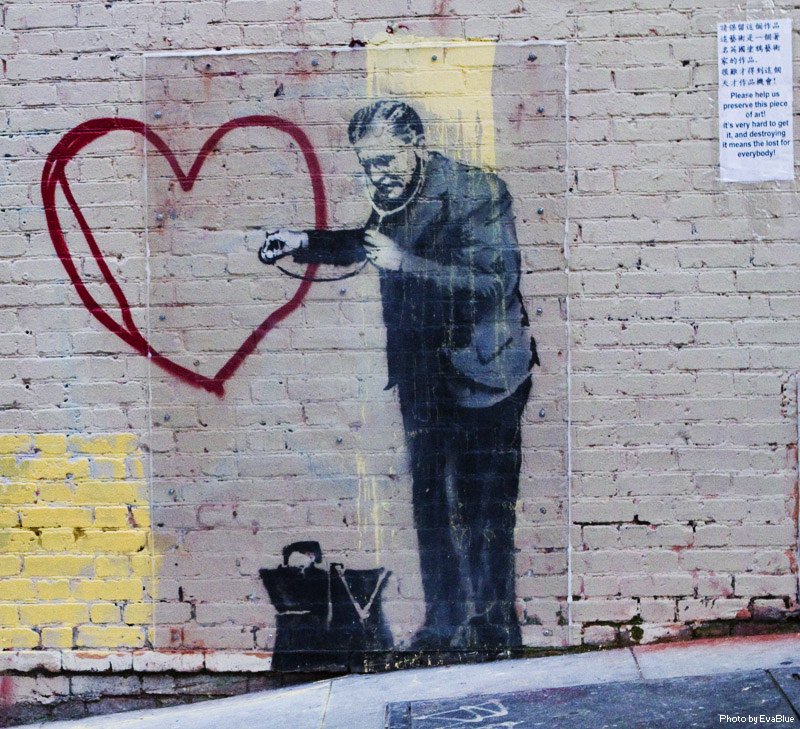Not Based on Good or Bad

In reading that Spirit Rock’s Ethics and Reconciliation Council (EAR Council) has formally withdrawn Noah Levine’s authorization to teach and then reading a bit more about the process they went through to come to this conclusion, I can’t say that I’m feeling happy (the whole situation is sad and upsetting), but I can say that I feel reassured.
Especially after reading the concept on which this Council was formed:
Conflicts will inevitably arise within the Spirit Rock community. The health of our community is not measured by the presence or absence of conflict as much as by our willingness to find effective, responsible, and compassionate means of resolving interpersonal tensions. The intention to attend to and learn from conflict is a clear application of Buddhist practice into our daily lives; without this intention, practice can too easily be a comfort rather than a deep transformative vehicle for our lives.
Buddhist conflict resolution is not based on good or bad, blame or guilt, winning or losing, offenders or victims. Rather it is based on fully addressing the suffering of all concerned. Hurt, fear, and anger are taken seriously through forums in which everyone may speak honestly, safely, and completely about their own direct experiences and feelings. In looking for resolution, Buddhist practice values dialogue over silence, reconciliation over estrangement, forgiveness over resentment, confession over accusation, and atonement over punishment.
Because the process of reaching such resolution is often very difficult, Spirit Rock’s Ethics and Reconciliation Council (EAR Council) offers support. (Read more here.)
